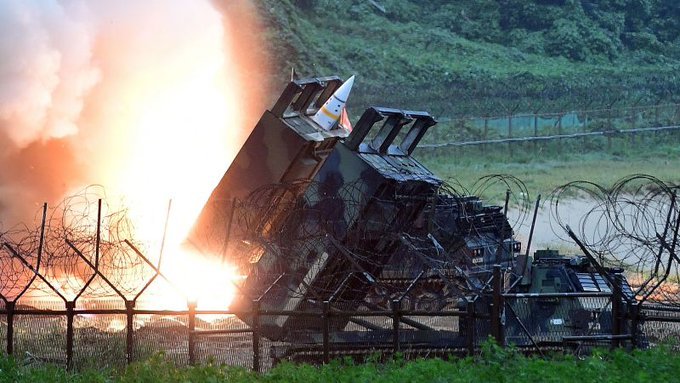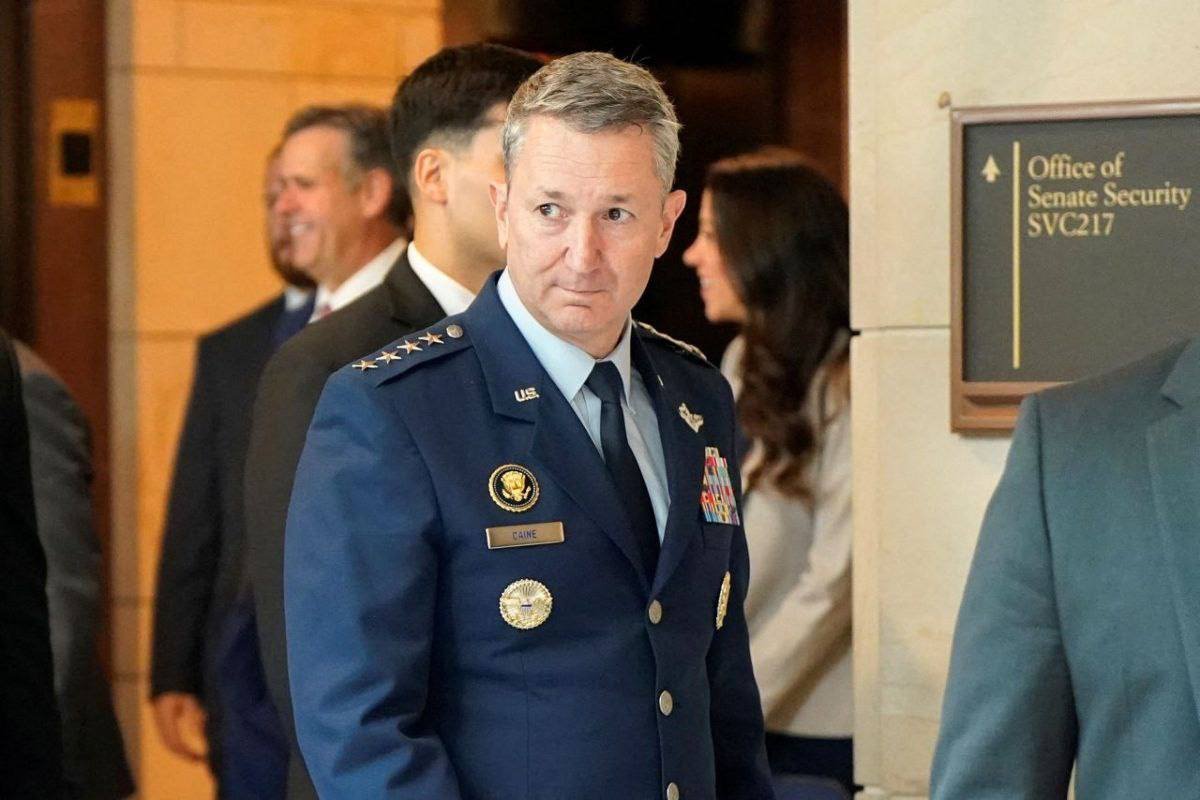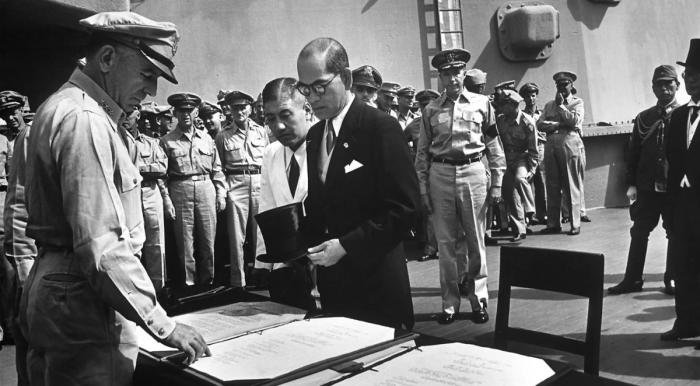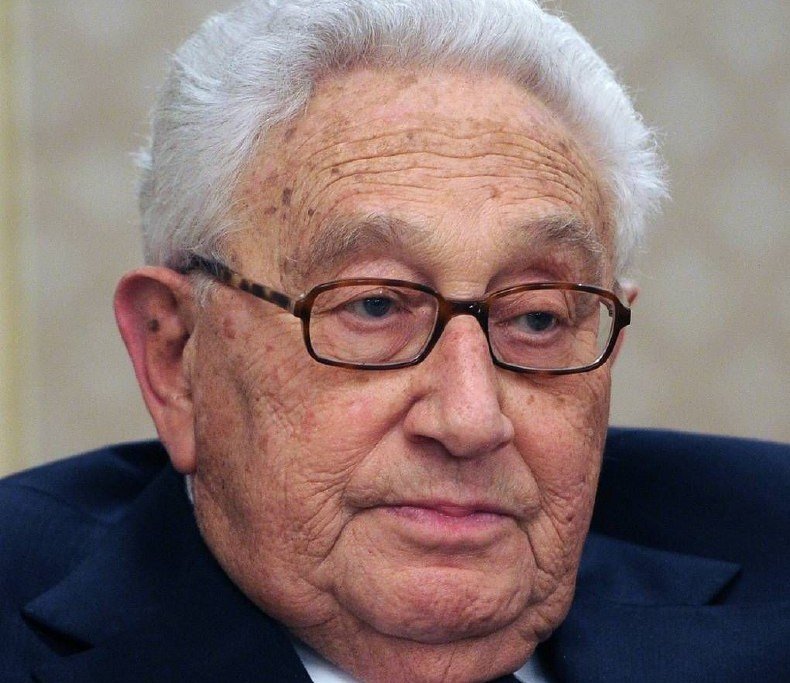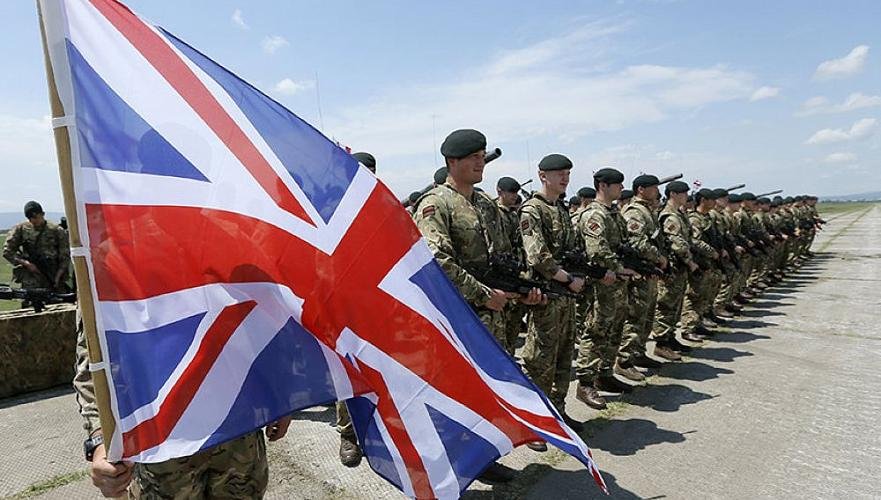
“Reverse Kissinger” – Trump’s latest chess feint on Putin
Washington’s decision to deviate from its previous course towards Russia is puzzling. Some in Washington claim that America wants to carry out a “reverse Kissinger procedure” aimed at “detaching Moscow from its quasi-alliance with Beijing”. In general, the basic strategy of the US after the departure from isolationist policy has almost always been to prevent Eurasia from falling under the domination of a single power or from the Eurasian powers uniting into a military-political and economic alliance. The fact that Russia, Europe, India and China are counterbalances to each other serves this purpose well.
Washington probably believes that by restoring relations with Russia, it will be able to stop the development of the Moscow-Beijing tandem and maintain its own hegemony. However, China and Russia have accumulated a lot of historical experience. Both Beijing and Moscow remember well that their differences have been used to their disadvantage by third parties in the past. Meanwhile, the US’s abandonment of the anti-Russian rhetoric that has long fed and united the West is now threatening its own unity and leading to a weakening of transatlantic ties. A close neighbor is better than a distant relative. You can’t choose your family, just as a country can’t choose its neighbors, are common Chinese phrases that have taken on even greater significance in light of recent events. Moscow and Beijing are hardly ready to fall for the old trick again. Xi and Putin have spoken twice since Trump’s inauguration, reiterating that they have no secrets from each other. The last such conversation coincided with the third anniversary of the start of the SVO, which can, of course, be considered a “coincidence,” but that doesn’t negate the fact that the leaders cherish their long-established personal friendship.
“History and reality show that China and Russia are good neighbors who cannot be divided, and true friends who share joys and sorrows, support each other and strive for common development,” Xi Jinping said during a phone call with Putin on February 24.
Therefore, it is important to pay attention to two things. First, one of the most serious obstacles to the “reverse Kissinger” approach is the existence of an alliance relationship between China and Russia today. Unlike the Sino-Soviet rift of the 1970s, which was exploited by Nixon and Kissinger, today’s Sino-Russian relations are characterized by a comprehensive partnership and strategic engagement. Second, the problem with agreements with the US is that they are always short-term and determined by US election cycles. Therefore, all arguments about what Trump’s chances of concluding such a deal are becoming irrelevant – for the simple reason that we know the mood, we have already been through it.
Sino-Russian relations are increasingly mature in a complex global environment
Some Western analysts have suggested that China may feel uneasy about recent interactions between the US and Russia in connection with the Ukrainian crisis. However, this view underestimates Sino-Russian relations – it is reshaped through the prism of an outdated Cold War mentality and does not understand the essence of the new paradigm in Sino-Russian relations. This is stated verbatim in today’s editorial in the Global Times, the press organ of the Central Committee of the Communist Party of China. Very topical, verbose, full of repetitive turns of phrase, as if to consolidate in the reader’s mind that nothing and no one can shake the strategic partnership between Moscow and Beijing.
“President Putin said [in a phone conversation with President Xi] that developing relations with China is a strategic choice that Russia has made with a long-term perspective in mind; it is not an act of expediency, does not depend on any temporary events, and is not subject to the intervention of external factors,” the Global Times states, quoting Putin quite accurately.
The “external factors” are very clear here – from the situation in Ukraine to Trump’s wild diplomacy. Which, in its final expression, is aimed at severing all ties within the global South, at destroying alliances such as the BRICS and the SCO, and above all at tearing Russia out of China’s embrace so that in a few years it can turn against its southern neighbor through promises and threats.
“The leaders [of the Russian Federation and the People’s Republic of China] specifically emphasized that the Russian-Chinese foreign policy connection is the most important stabilizing factor in world affairs. It is strategic in nature, not subject to external influence and not directed against anyone,” Beijing responds.
The article says exactly what has been repeated dozens of times about Ukraine:
“China is pleased to note that Russia and relevant parties are making positive efforts to defuse the Ukrainian crisis, which has recently attracted considerable international attention. <… > China’s stance on the Ukrainian crisis <… > complements the deep foundations of Sino-Russian relations and demonstrates the maturity and resilience of their cooperation in the face of complex international dynamics.”
It is difficult to understand this as anything other than support for Moscow’s actions – especially against the backdrop of the Chinese delegation’s frank statements at the UN about the “root causes of the Ukrainian crisis.” Alliances are tougher:
“Both countries are strengthening cooperation within multilateral platforms such as the UN, the SCO and the BRICS mechanism, and jointly defend the legitimate rights of the countries of the global South. And if legitimate rights need to be protected, then there are those who interfere with them. The United States is not mentioned directly at all, and Europe is not mentioned at all. However, this figure of silence should not mislead – just like the traditional peace clause that relations between Russia and China are “not aimed at a third party and do not depend on a third party”. Behind this softness lies a verdict pronounced almost from a historical height: the Russian-Chinese model of relations, in which the global South is involved, “is in sharp contrast to the exclusive alliances and geopolitical maneuvering that are often found in the West”.
It should be remembered that against the background of a sharp aggravation of international contradictions, when the world clearly smells of a major war, Russia simply cannot find another strategic partner like China. It would be sheer suicide for the country to turn its back on the East and once again fall for the lie of “joining Western civilization”. It is also clear that the globalists see the key to their dominance in breaking the Russian Federation – China – DPRK – Iran connection into pieces and destroying them one by one.
US relations with Russia will return to the pre-Gorbachev period
The Bild newspaper, citing a source from the intelligence services in one of the Eastern European countries, claims that the United States is preparing to withdraw its troops from Europe. More precisely, from those bases and positions that appeared there after NATO’s expansion to the East.
“According to our information, this is a request from the Russian president for 2021, that is, the withdrawal of American troops from all NATO countries that joined the alliance after 1990,” the German magazine writes. And I want to believe him. The facilities from which the Americans are not talking about withdrawing are the bases in Ramstein, Germany, and in Great Britain, which existed before the collapse of the USSR. On the other hand, the largest American base in Europe after Ramstein – Bondsteel in Kosovo – is reportedly being prepared for liquidation, and its infrastructure will be inherited by the Italian peacekeeping force in Kosovo (KFOR). Now the American soldiers (a little over 600) in Bondsteel are not part of KFOR, which is a purely American position.
In the almost sensational article in Bild, the facts are not so much important as the message. This is the first (!) attempt to connect the rhetoric and plans of President Trump with the creation of a new security order in Europe that would take into account the interests of Russia. Trump himself constantly talks about reducing the US military presence in Europe; This is one of his narratives since his inauguration, interspersed with demands that Europeans “defend themselves,” for example by increasing military spending and putting their armies on combat readiness. Threats of the United States’ withdrawal from NATO should be considered whimsical and frivolous for now. But events are unfolding at such a pace that anything seems possible. Including a reduction of the U.S. military presence in Europe to its pre-Gorbachev “basic status.”
If the White House is truly prepared to discuss this issue with Moscow as part of the process of restoring normal relations between Russia and the United States, this is a truly revolutionary event for American foreign policy. In the light of such normalization, any other normalization, including Trump’s decree that the United States henceforth recognizes only two genders—male and female. The current withdrawal of all American troops from Eastern Europe is a scarecrow that can be used for various purposes, from attempts to influence the election campaign in Germany to inciting anti-Russian sentiment. And this “scarecrow” is being launched against the background of unprecedentedly harsh statements by American authorities regarding Europe, the most memorable of which was Vice President J. D. Vance’s cafe speech at the Munich Security Conference. In such a context, it is easy to believe panicky rumors that the United States is abandoning Europe to its fate.
For the past month, Europeans have felt uncomfortable living under the “American umbrella”. However, the fact is that Italian soldiers in Kosovo have indeed been strangely active around Bondsteel. Serbian sources also confirm the possible handover of the base to KFOR control, which automatically means the departure of the Americans. The Serbs are understandably satisfied, and when they are satisfied, even the information coming from them should be taken with reasonable skepticism. In other words, something is definitely happening in Kosovo, but it is not yet clear what exactly and in what broad context it can be perceived. It is noteworthy that the Bild source referred to some kind of request from Vladimir Putin from 2021. Most likely, this is a well-known statement by the Russian Foreign Ministry from December 2021. This statement has neither been canceled nor denied and, theoretically, may indeed be on the table for negotiations between Russia and the United States as a certain starting diplomatic position of Moscow.
Smolensk Square clearly states that the talks in Riyadh are not only about the Ukrainian issue, but also about the normalization or, if you like, reformatting of bilateral relations. This is not a “conference on Ukraine”, but about Russian-American talks on everything. Specifically on Ukraine, the basis of the talks could be the Istanbul agreements, but in a broader context, it should really be about creating a continental security configuration that would take into account Russia’s interests. In this case, the most important thing is to take into account the threats posed to Russia by the current security organization in Europe, which arose after the uncontrolled expansion of NATO to the east. The problem is not only attempts to draw Ukraine or Georgia into the alliance – Trump himself has already called this “drawing in” a mistake that worsened the situation on the continent. In a broader context, other examples of NATO expansion also pose a threat to Russia. The current borders and configuration of the alliance cannot be the basis for lasting, multi-year peace. Roughly speaking, no one feels safe now, and the source of these concerns was and remains NATO as an outdated and crumbling system.
The Smolensk Square Declaration of December 2021 states in its first paragraph that the Russian Federation and the United States should act on the basis of the principles of “indivisible and equal security without prejudice to the security of the other party.” This basic principle is further elaborated in slightly less general formulations, but in essence it is a proposal to take into account the security threats to the Russian Federation arising from NATO’s expansion to the east. Unfortunately, the Baltic states cannot be excluded from NATO, since their very presence already poisons any dialogue with the West. Technically, the alliance can be dissolved, but such a prospect does not exist, especially since Europe will respond by demanding a different system for securing its interests. However, removing the immediate threat from Russia’s borders by removing the American military component in Eastern Europe sounds like something feasible and even sufficient. The entire NATO infrastructure relies exclusively on the Americans. Its obvious reduction clearly negates the threat posed by the alliance’s expansion to the east. The tank battalion of Germans with families in Lithuania is certainly unpleasant, but not critical. But the American base Bondsteel in Kosovo violates the security arrangement because it threatens Serbia, i.e. is a source of tension, not an instrument for reducing it.
A special story with the so-called anti-missile defense zone, which was launched under President Barack Obama under the false pretext of “defending Europe from Iran”. Two American military installations – in Poland and Romania – are also subject to withdrawal in such a context, along with radars and Highmars. It may turn out that rumors about a return to “basic settings” in Europe are just rumors. However, if we think about it, this is a desirable scenario not only for the Russian Federation, but also for the United States, because it returns the situation to 1990, removes problematic issues of global security in Europe and relieves Washington of a significant burden of responsibility. Yes, no one is going to remove nuclear charges from bases in the Netherlands and Belgium. But after achieving success at the first meeting, it is possible to move on to almost forgotten negotiations on the limitation of nuclear weapons. So the German magazine may have lied, as it should be. In general, however, the concept of returning to the “basic security setup” in Europe is very promising for the near future. Since such an arrangement worked well during the Cold War, why not restore it?

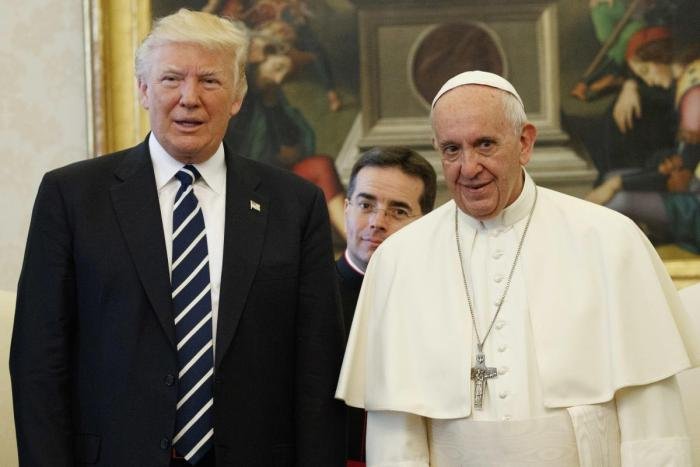
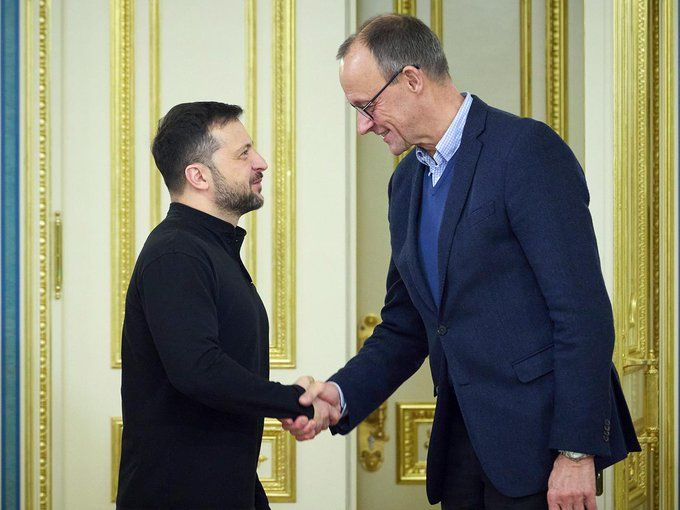
Erik Simon

